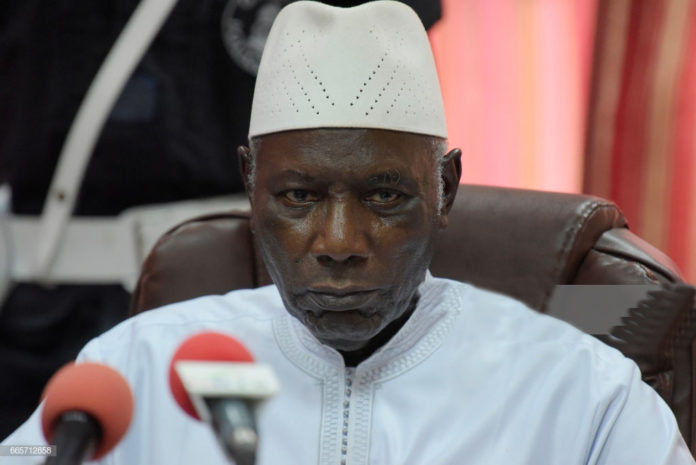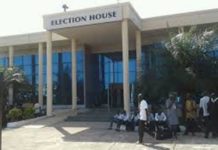By Yankuba Jallow
The Ministry of Justice in partnership with the Independent Electoral Commission (IEC) has organised a two-day consultative workshop on electoral reform.
The workshop was held on Wednesday and Thursday at a local hotel in Kololi.
The Minister of Justice, Abubakar Tambadou said the purpose of the consultative workshop is on two inter-linked folds. He said the first one is to ensure that there is free, fair and a credible electoral process.
“The Elections Act as some of you may know was promulgated through a Decree in 1996. It was Decree 78 of the Armed Forces Provisional Ruling Council (AFPRC) under former President Jammeh. It was the Elections Decree that was absorbed in our laws in 2009 and it became the Elections Act,” Ba Tambadou said.
Ba Tambadou added that they have only made one amendment in the laws governing elections since the fall of the APRC regime. He said they revised downwards the fees payable by candidates to enable them contest in elections.
The Attorney General said the second objective is to prevent conflict.
“I believe that the root causes of electoral violence is not the results of the election or the voting on election day but the root causes stem from the credibility of the electoral process,” the Minister said.
He said when political players take ownership of the process and they shape the process, it becomes theirs and everyone has a stake in it. He added that there is more credibility, trust and confidence and the results of the elections are more easily acceptable.
“The idea is to make sure all the frontline political players participate in the process and take the process as their own and provide it with the legitimacy it deserves so that we can avoid potential conflict,” he said.
He said if conflicts come it is most suitable and most appropriate to resolve them through legal means.
Alieu Momar Njie said the next electoral activities cannot be efficiently conducted without the appropriate reforms in electoral laws. Njie said the need for electoral reform is imperative adding that it is as result of the gaps in the current electoral laws particularly the Elections Act.
He said the areas of concern in the electoral reform process include demarcation, registration of voters, nomination, campaign, political finance and media, voting, counting and declaration of election results among others. He added that these areas of concern have direct bearing on the conduct of free, fair and transparent elections.



















